Is the end of affirmative action also the end of race-based scholarships?
The affirmative action ruling's next victim is financial aid

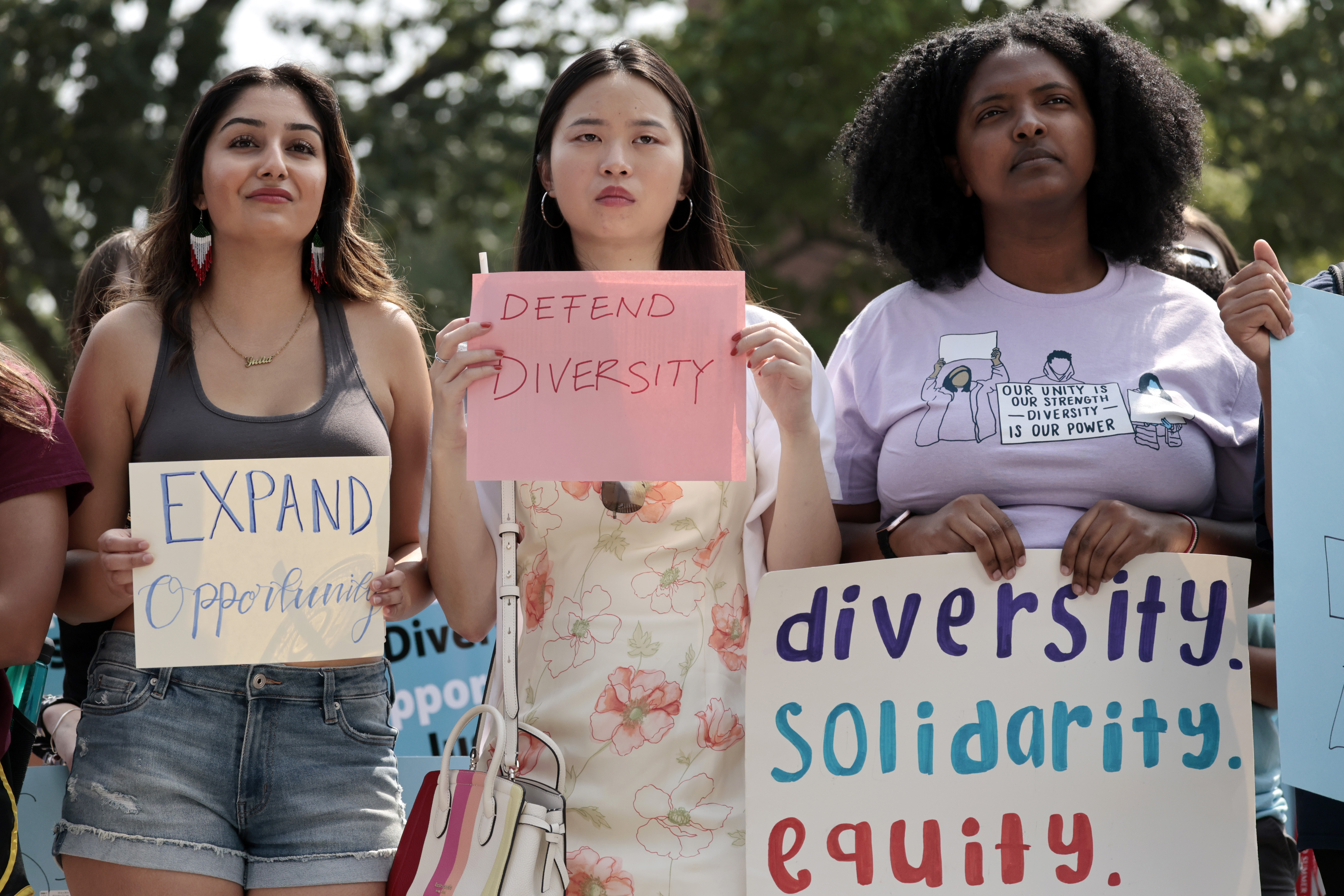
A free daily email with the biggest news stories of the day – and the best features from TheWeek.com
You are now subscribed
Your newsletter sign-up was successful
Now that the Supreme Court has ruled against affirmative action, putting an end to race consideration in college admissions, the next target could be race-based college scholarships and financial aid. Already, the University of Kentucky and the University of Missouri system have opted to remove race as a factor in their scholarship programs. "Based on our initial understanding, it appears that the court has restricted the consideration of race with respect to admissions and scholarships," explained University of Kentucky president Eli Capilouto on the day of the ruling, according to The Wall Street Journal.
Some schools are opting to push money to scholarships based on socioeconomic status instead, however, "we don't have anything that works as effectively at producing and enhancing racial diversity as race-conscious affirmative action," Kelly Slay, an assistant professor at Vanderbilt University, told NPR. "Affirmative action bans won't have the reach that ending these scholarship programs will," tweeted former Dillard University President Walter M. Kimbrough.
How big is the threat of losing race-based scholarships in the wake of losing affirmative action?
The Week
Escape your echo chamber. Get the facts behind the news, plus analysis from multiple perspectives.

Sign up for The Week's Free Newsletters
From our morning news briefing to a weekly Good News Newsletter, get the best of The Week delivered directly to your inbox.
From our morning news briefing to a weekly Good News Newsletter, get the best of The Week delivered directly to your inbox.
The threat is on the horizon
"The stakes are as high as they are clear" regarding the threat of the court's ruling on various diversity programs, Svante Myrick, president of People For the American Way, wrote in an opinion piece for The Hill. It "tees up some really serious potential downstream effects inside and outside academia," including minority scholarship programs. "While the decision does not mention race-based financial aid specifically, the man who led the effort to sue over affirmative action said it is certain to apply," wrote Scott Jaschik for Inside Higher Ed. "Virtually all race-exclusive scholarships were already illegal as I understand the law," Edward Blum of Students for Fair Admissions told Inside Higher Ed.
The ruling could spell trouble for Black, Latino, and Indigenous college hopefuls because "even those from middle-income backgrounds — attend higher poverty and less resourced schools," Olatunde Johnson wrote in Time. "Most Native students attending college do not enjoy generational wealth," explained the American Indian College Fund in a piece for Native News Online, adding that "many depend upon financial aid." Without aid, many marginalized groups have less opportunity to attend college, which is necessary for "empowering people to envision and create a future of their choosing."
"This next step was intended all along as Republican lawmakers in states around the country were targeting race-conscious policies," before the Supreme Court's ruling came out at all, argued Tessa Stuart for Rolling Stone. This includes Arkansas, Louisiana, and North Dakota. "It's not a mystery what happens to the enrollment numbers when public university systems end affirmative action."
Not just yet...
The Supreme Court's decision on affirmative action is "not the end of the conversation," wrote Johnson. "Our collective legal and democratic responsibility to address the racial and ethnic inequalities that persist in the U.S. education system is as important as ever." He added that colleges and universities "still have a legal duty," to address racial inequalities, and the ruling "cannot stop well-meaning individuals and institutions from caring about racial and ethnic inequality in this country."
A free daily email with the biggest news stories of the day – and the best features from TheWeek.com
In addition, "the majority opinion by Chief Justice John Roberts was actually pretty narrow," according to higher education correspondent for NPR Elissa Nadworny. "This decision doesn't explicitly prohibit race-conscious decisions in those other areas ... such as financial aid." Many institutions of higher education have also "reiterated their commitment to scholarships and other programs aimed at making campuses more diverse," noted Alia Wong in USA Today.
We should be "careful about overreacting" to the decision, Justin Draeger, president and CEO of the National Association of Student Financial Aid Administrators, told Inside Higher Ed. "Overhauling scholarship programs cannot happen overnight."
Devika Rao has worked as a staff writer at The Week since 2022, covering science, the environment, climate and business. She previously worked as a policy associate for a nonprofit organization advocating for environmental action from a business perspective.
-
 What are the best investments for beginners?
What are the best investments for beginners?The Explainer Stocks and ETFs and bonds, oh my
-
 What to know before filing your own taxes for the first time
What to know before filing your own taxes for the first timethe explainer Tackle this financial milestone with confidence
-
 The biggest box office flops of the 21st century
The biggest box office flops of the 21st centuryin depth Unnecessary remakes and turgid, expensive CGI-fests highlight this list of these most notorious box-office losers
-
 Supreme Court upholds California gerrymander
Supreme Court upholds California gerrymanderSpeed Read The emergency docket order had no dissents from the court
-
 How robust is the rule of law in the US?
How robust is the rule of law in the US?TODAY’S BIG QUESTION John Roberts says the Constitution is ‘unshaken,’ but tensions loom at the Supreme Court
-
 The ‘Kavanaugh stop’
The ‘Kavanaugh stop’Feature Activists say a Supreme Court ruling has given federal agents a green light to racially profile Latinos
-
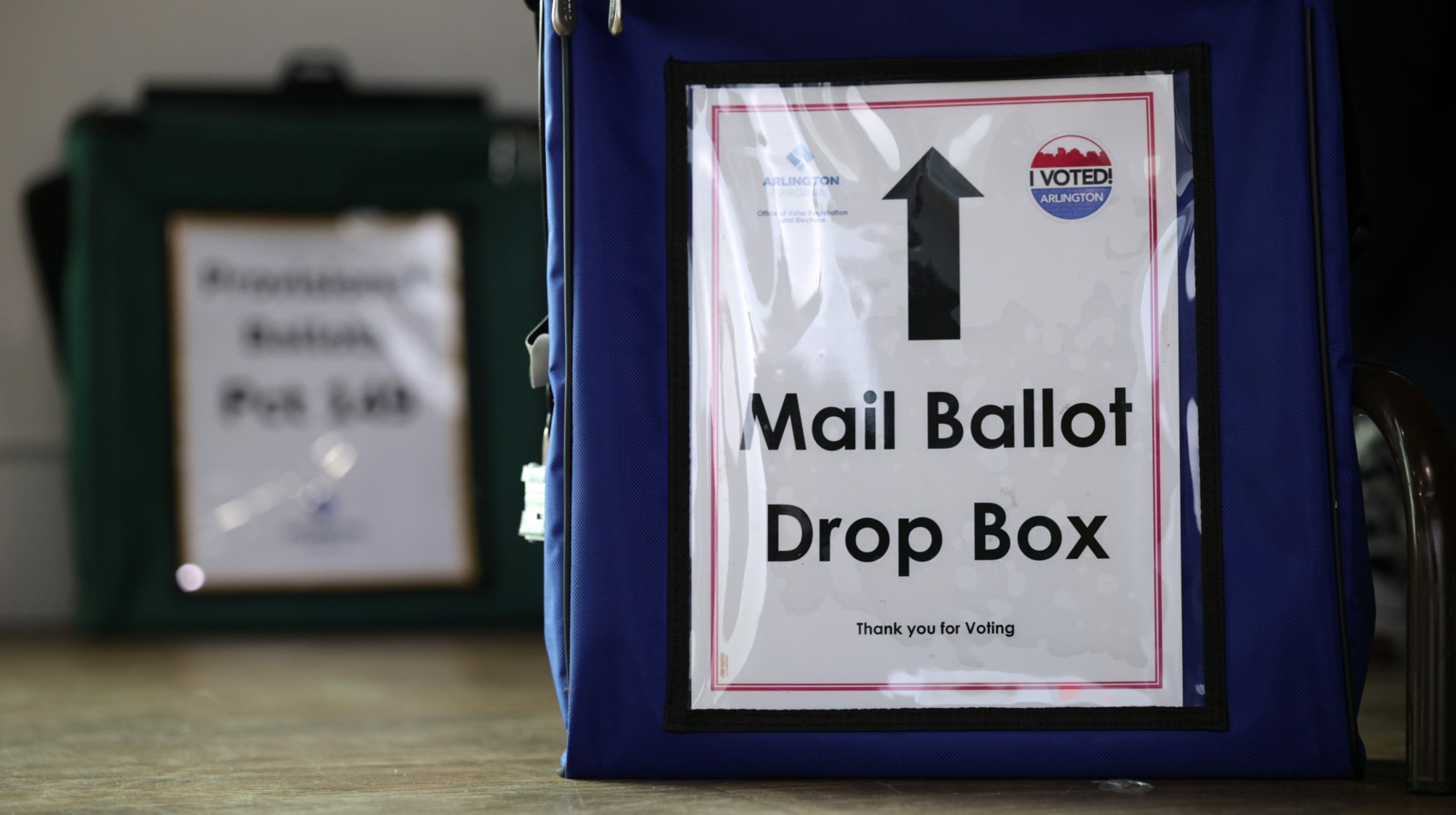 Supreme Court to decide on mail-in ballot limits
Supreme Court to decide on mail-in ballot limitsSpeed Read The court will determine whether states can count mail-in ballots received after Election Day
-
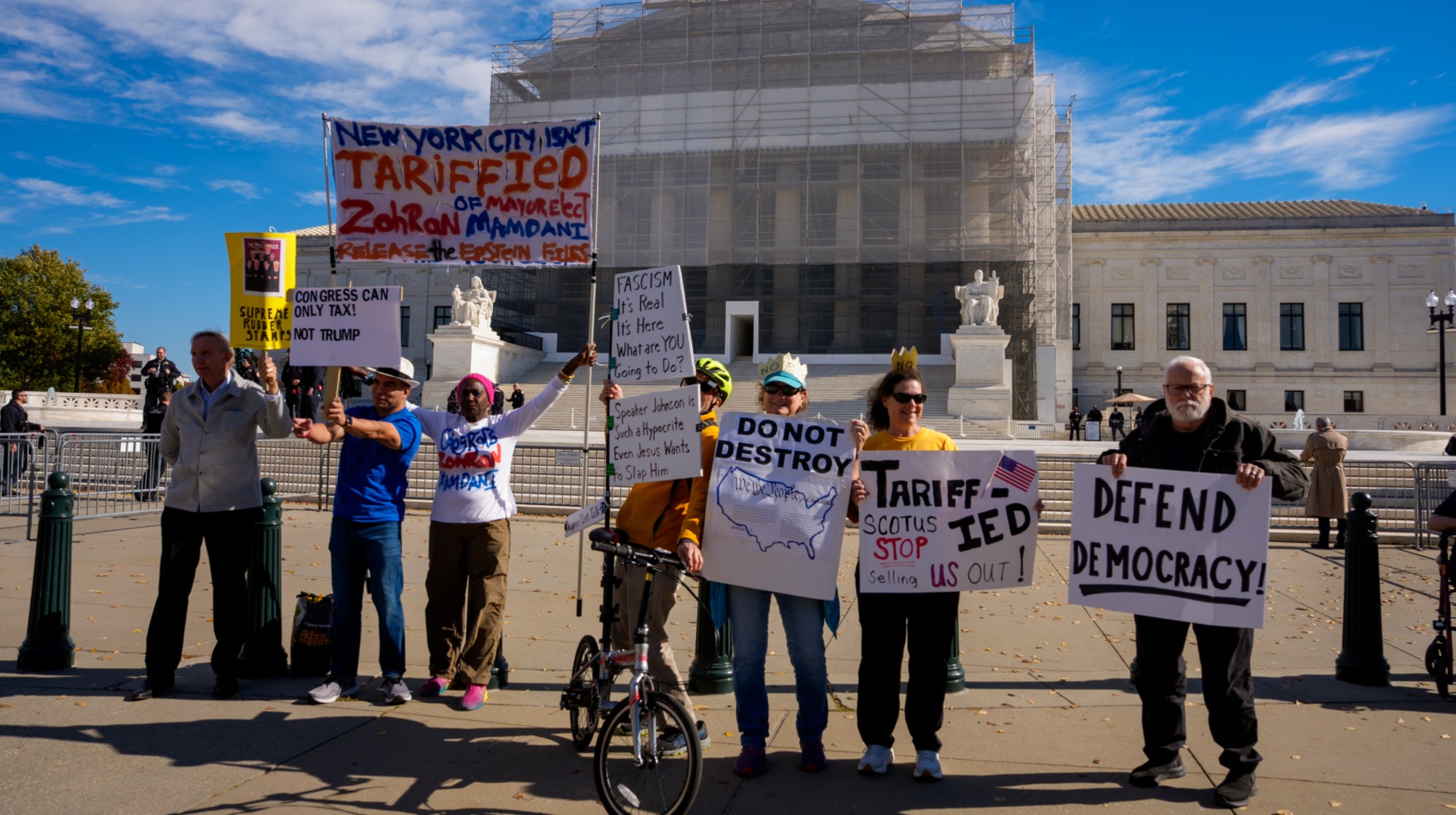 Trump tariffs face stiff scrutiny at Supreme Court
Trump tariffs face stiff scrutiny at Supreme CourtSpeed Read Even some of the Court’s conservative justices appeared skeptical
-
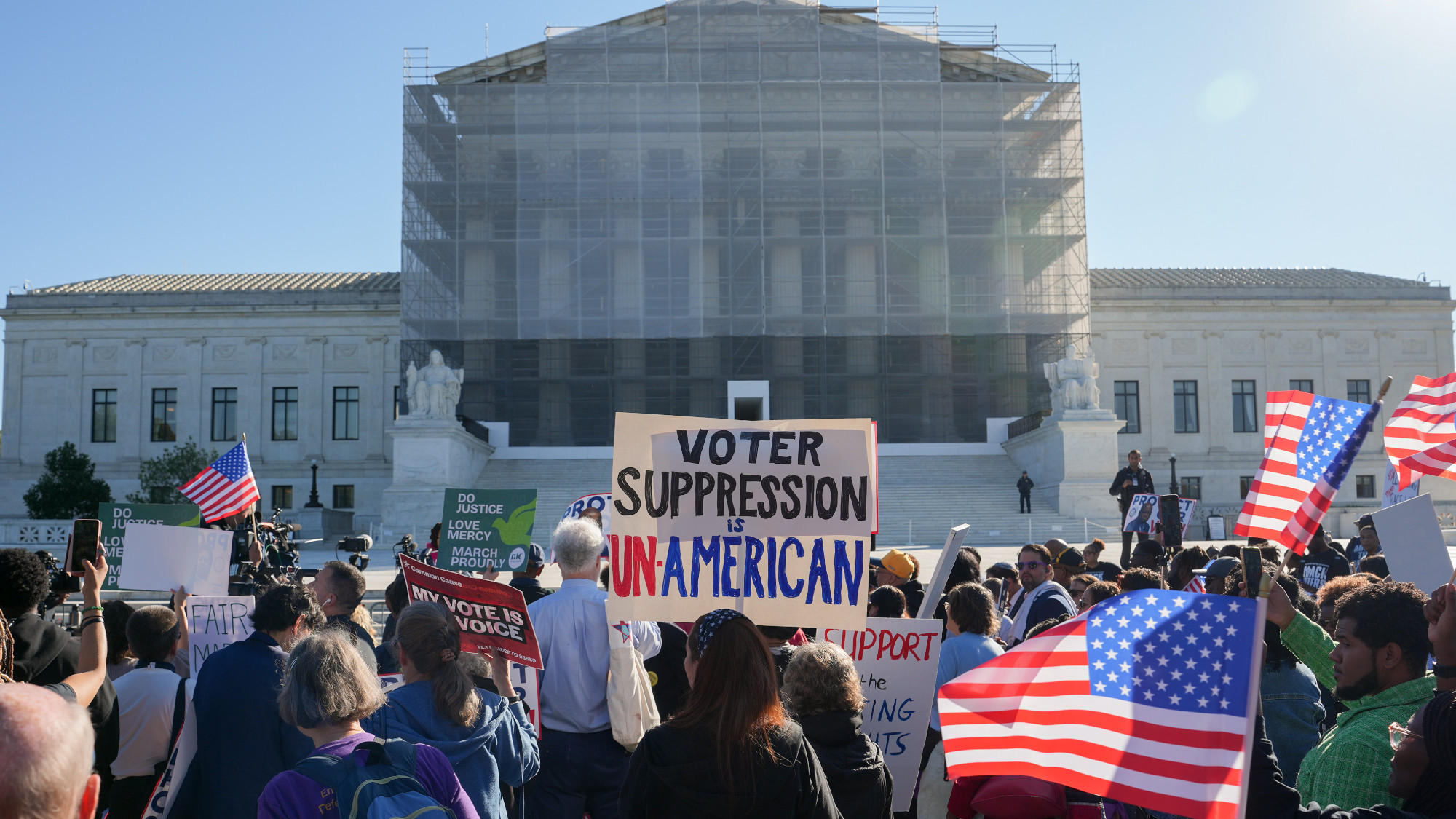 Voting Rights Act: SCOTUS’s pivotal decision
Voting Rights Act: SCOTUS’s pivotal decisionFeature A Supreme Court ruling against the Voting Rights Act could allow Republicans to redraw districts and solidify control of the House
-
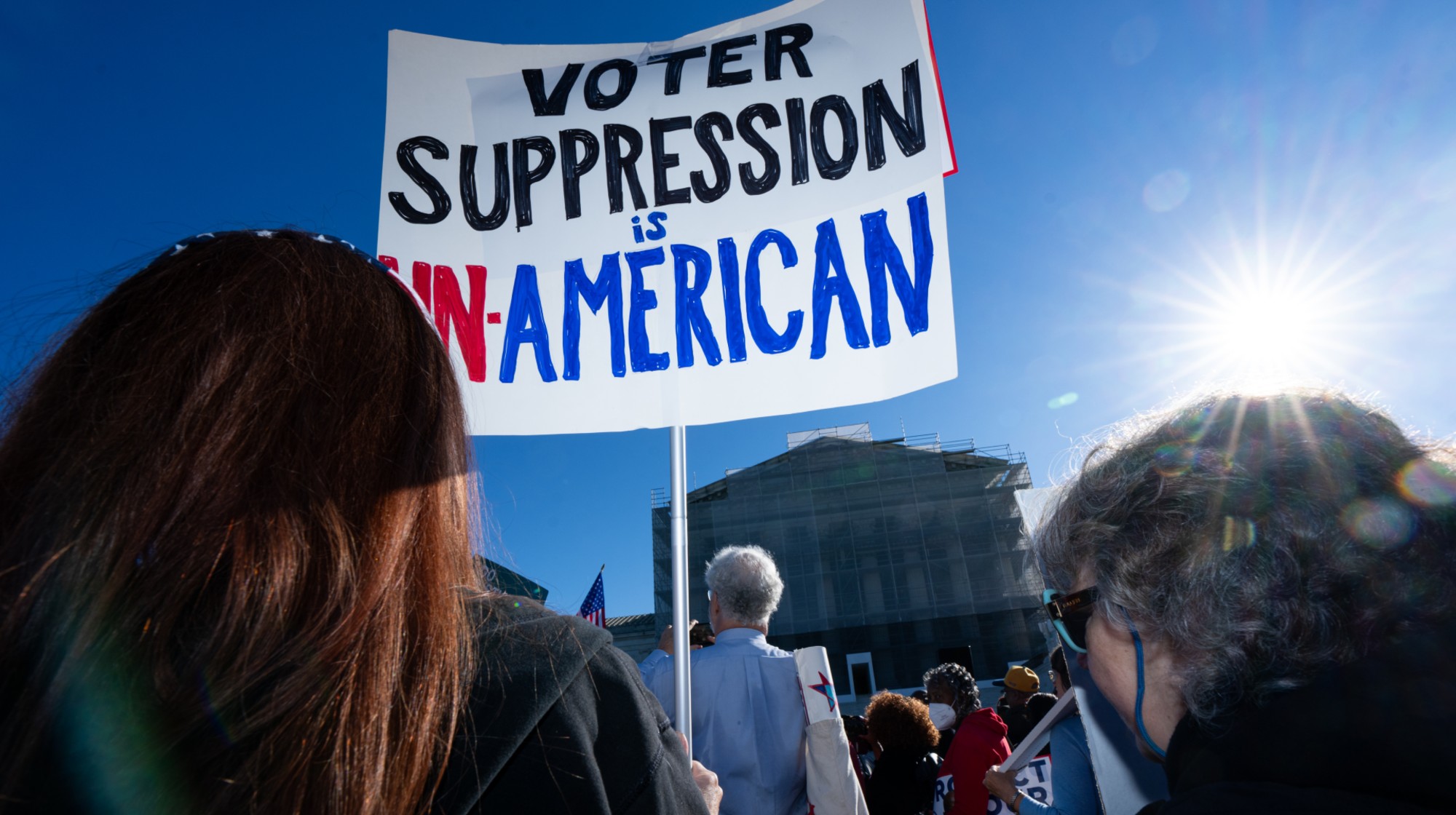 Supreme Court points to gutting Voting Rights Act
Supreme Court points to gutting Voting Rights Actspeed read States would no longer be required to consider race when drawing congressional maps
-
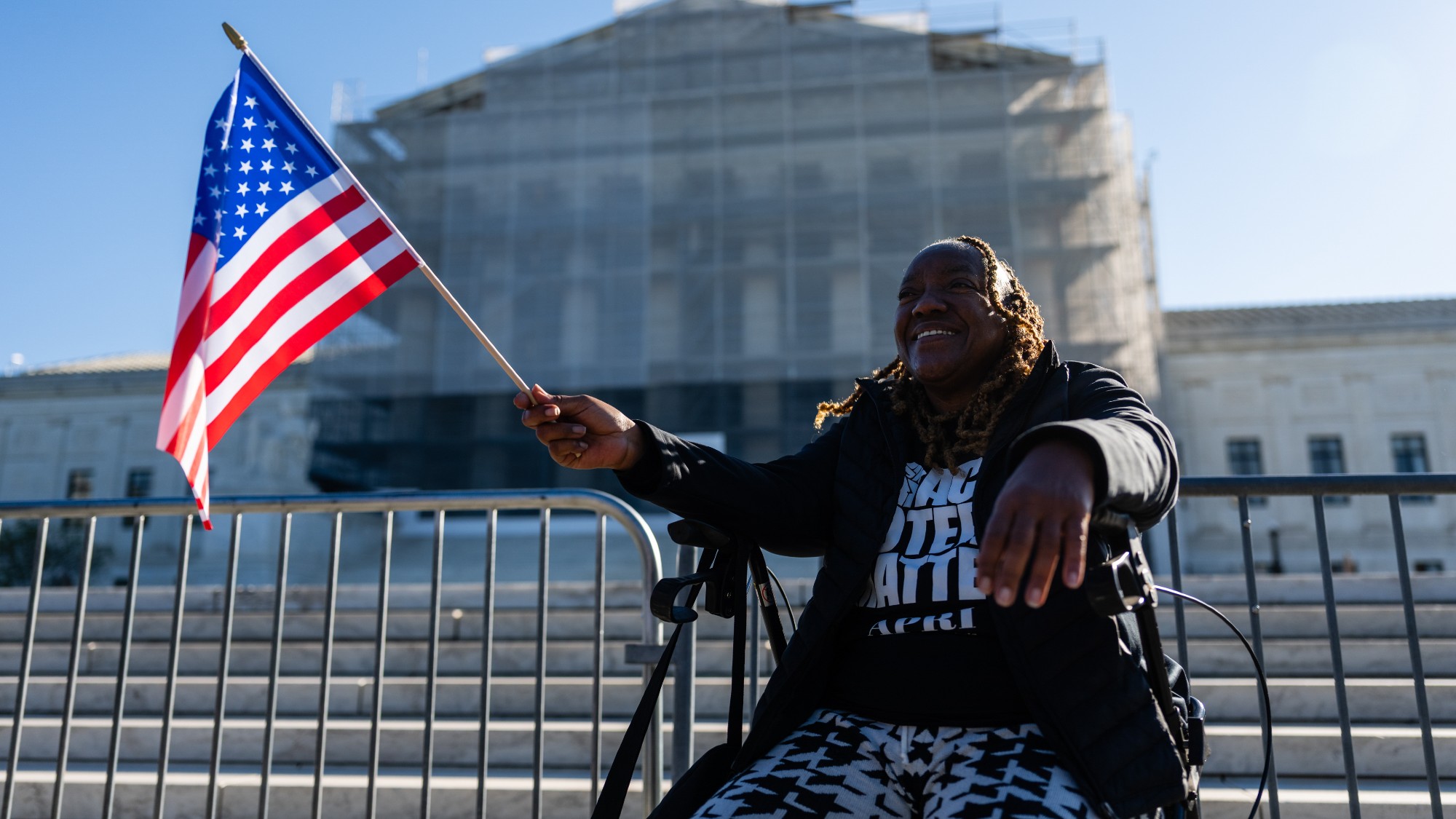 ‘An exercise of the Republicans justifying their racist positions’
‘An exercise of the Republicans justifying their racist positions’instant opinion Opinion, comment and editorials of the day
